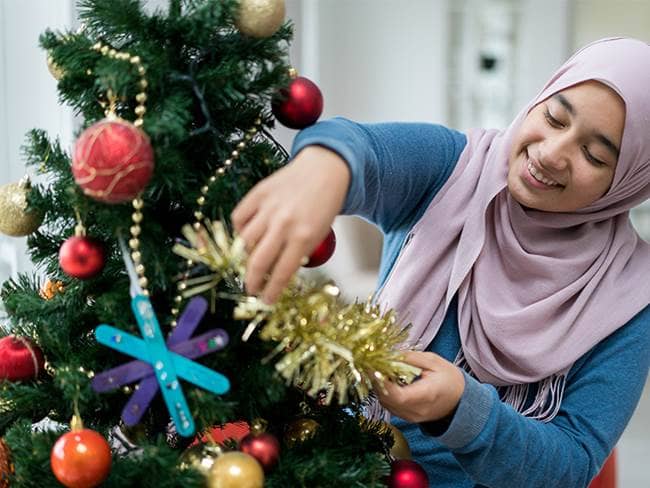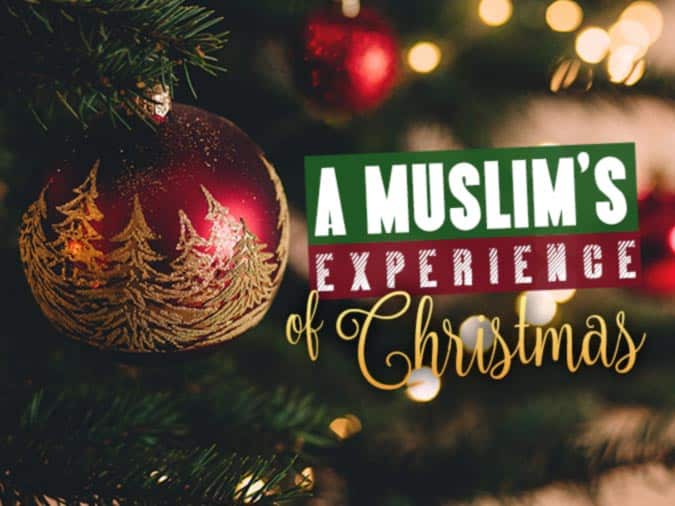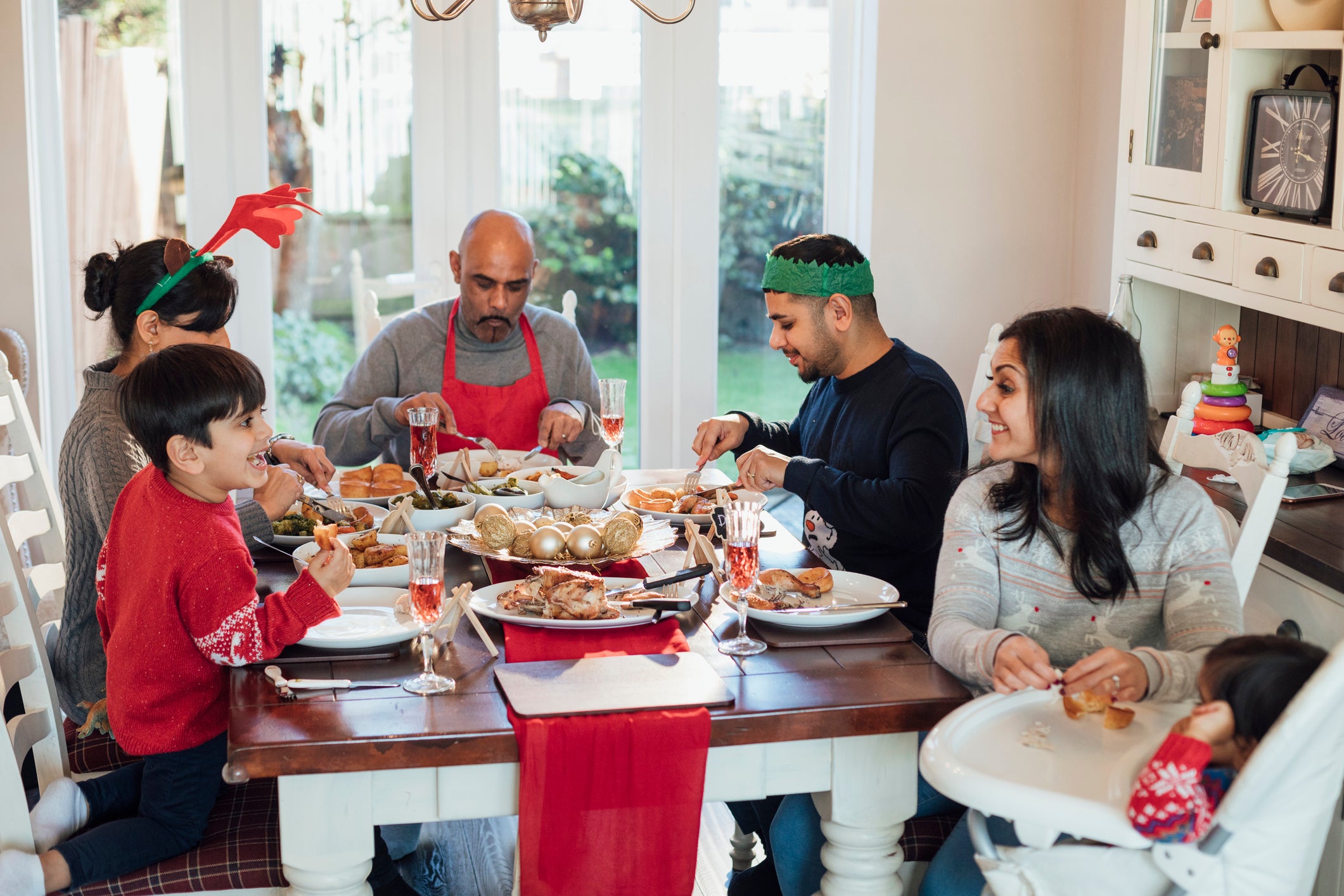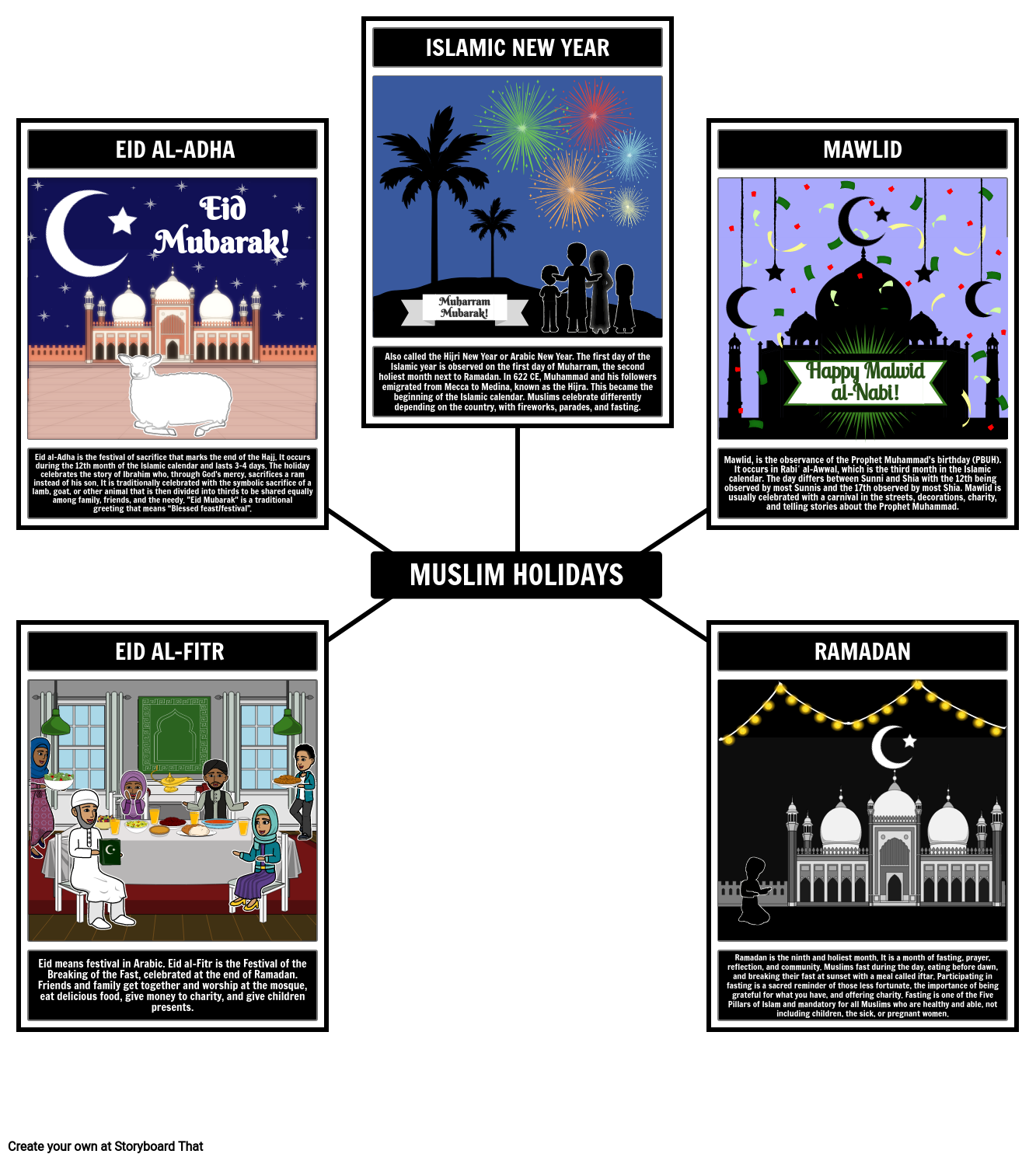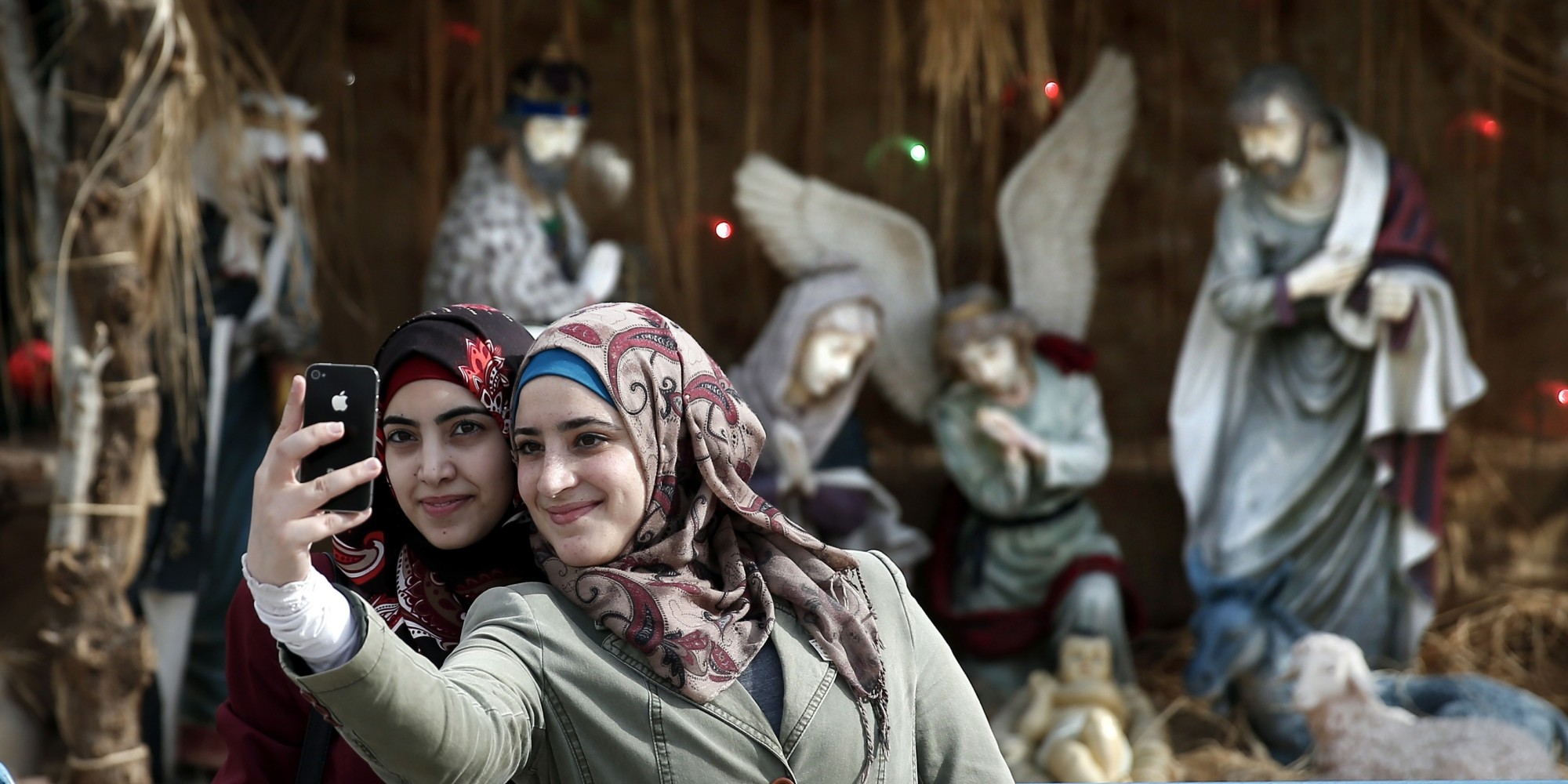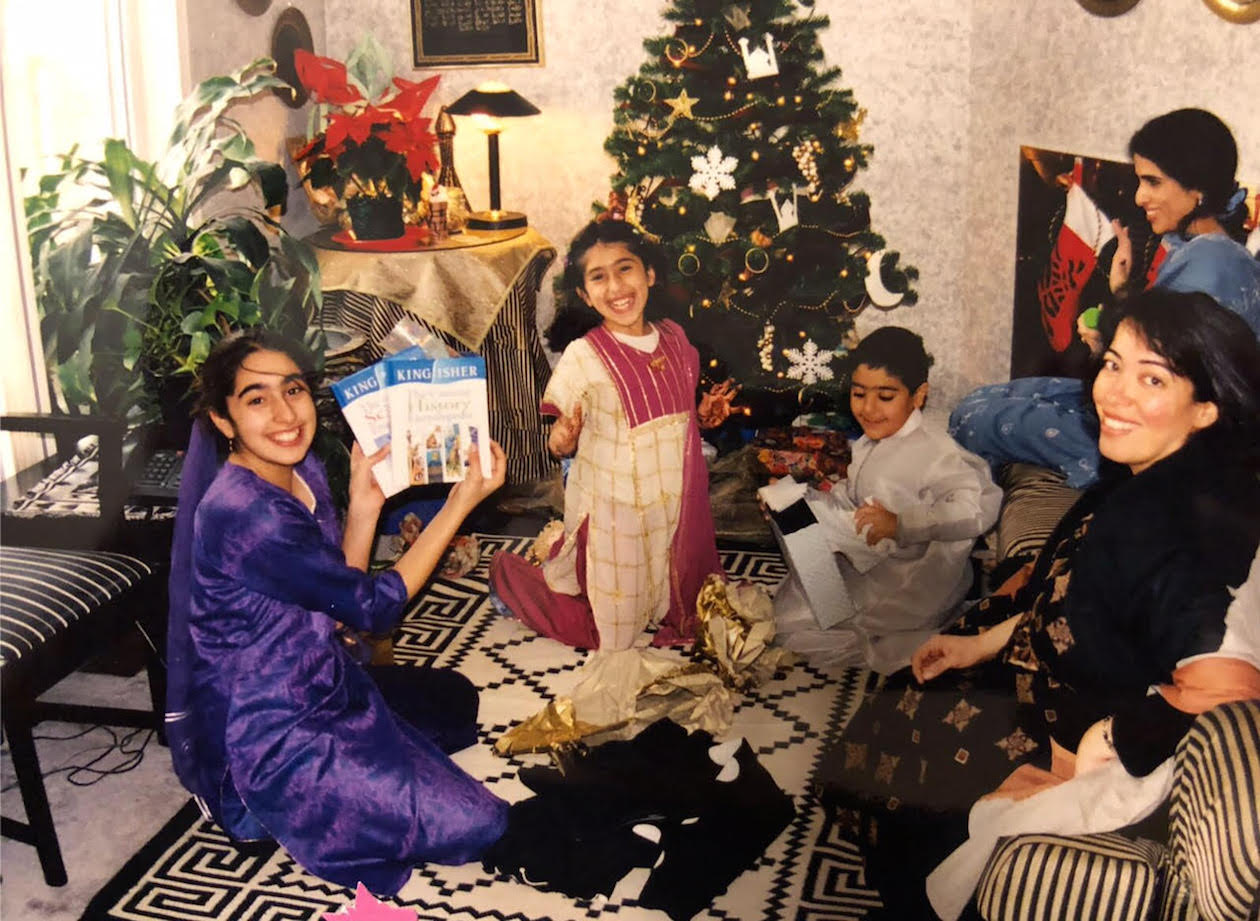
The holiday season is upon us, and for many people around the world, Christmas is a time for celebration and joy. However, Christmas coincides with several significant Muslim holidays, which are often overlooked in the Western world. In this article, we'll delve into five Muslim holidays that take place around Christmas, exploring their significance, traditions, and cultural practices.
Muslims follow the Islamic calendar, which is based on the lunar cycle. As a result, the dates of Muslim holidays vary each year on the Gregorian calendar. However, many Muslim holidays coincide with Christmas, which falls on December 25th. Here are five Muslim holidays that take place around Christmas:
1. Mawlid al-Nabi (Birthday of the Prophet Muhammad)

Mawlid al-Nabi, which falls on the 12th day of the Islamic month of Rabi' al-awwal, commemorates the birthday of the Prophet Muhammad. This holiday is observed by many Muslims around the world, although its significance and traditions vary across different cultures and regions.
In many Muslim-majority countries, Mawlid al-Nabi is a national holiday, marked by processions, speeches, and festivities. Muslims often gather in mosques and homes to recite the Quran, sing devotional songs, and distribute food and sweets. In some countries, like Egypt and Indonesia, Mawlid al-Nabi is celebrated with elaborate festivities, including music, dance, and fireworks.
Significance of Mawlid al-Nabi
Mawlid al-Nabi is a celebration of the Prophet Muhammad's life and teachings. Muslims believe that Muhammad was born in Mecca in 570 CE and received the revelations of the Quran, which became the foundation of Islam. By commemorating the Prophet's birthday, Muslims aim to express their gratitude for his message and to reaffirm their commitment to the values of compassion, justice, and mercy that he embodied.
2. Laylat al-Mi'raj (Night of the Ascension)
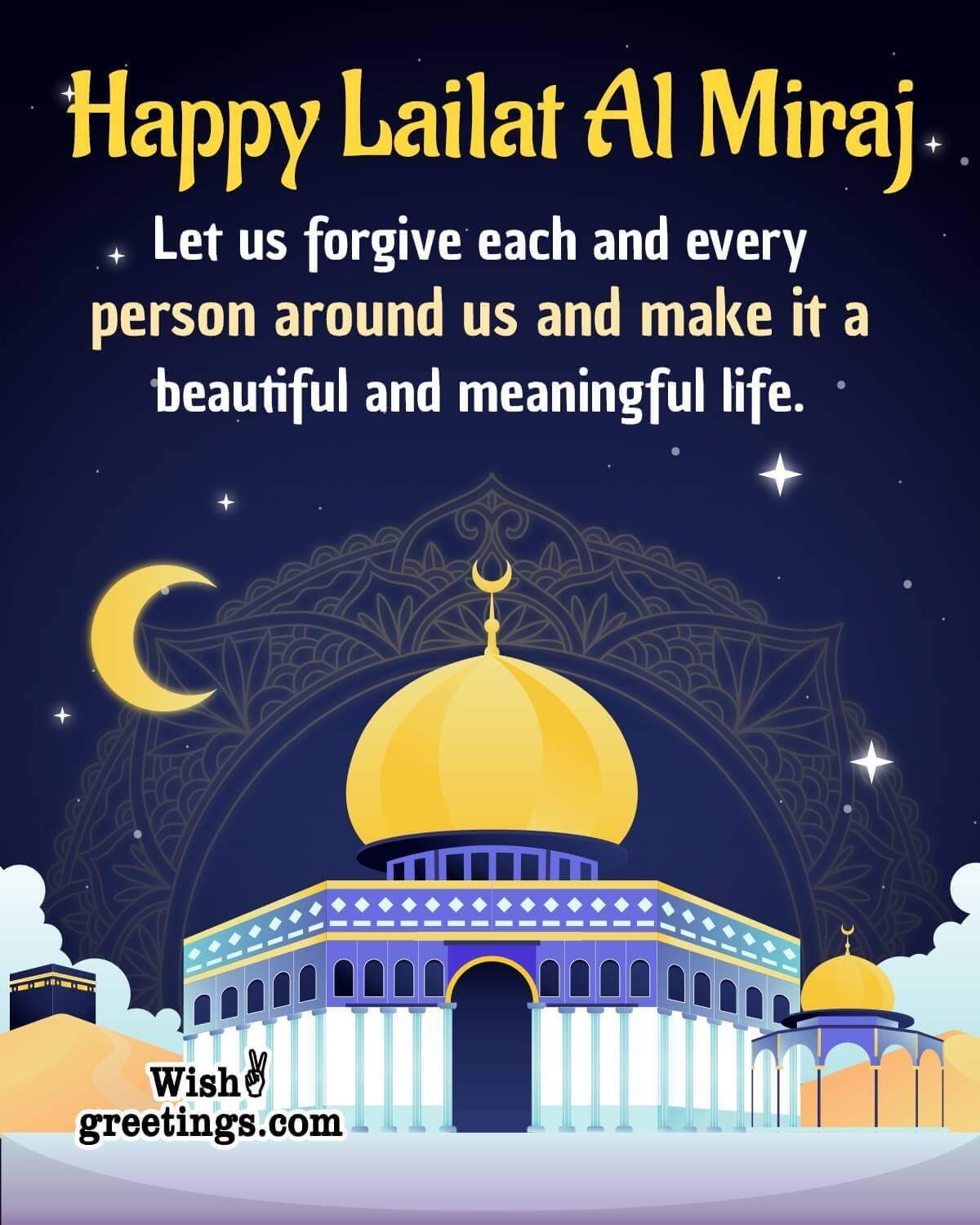
Laylat al-Mi'raj, which falls on the 27th day of the Islamic month of Rajab, commemorates the Prophet Muhammad's ascension to heaven. According to Islamic tradition, Muhammad was taken on a journey from Mecca to Jerusalem, where he ascended to heaven and received revelations from Allah.
Muslims observe Laylat al-Mi'raj by gathering in mosques for special prayers and recitations of the Quran. Many Muslims also fast during the day and spend the evening in devotional activities, such as reciting the Quran and performing acts of charity.
Significance of Laylat al-Mi'raj
Laylat al-Mi'raj is a celebration of the Prophet Muhammad's spiritual journey and his receipt of divine revelations. Muslims believe that Muhammad's ascension to heaven marked a significant milestone in the history of Islam, as it solidified his role as a prophet and messenger of Allah.
3. Laylat al-Bara'ah (Night of Forgiveness)

Laylat al-Bara'ah, which falls on the 15th day of the Islamic month of Sha'ban, is a night of forgiveness and redemption. Muslims believe that on this night, Allah forgives the sins of those who seek forgiveness and repent.
Muslims observe Laylat al-Bara'ah by performing special prayers and reciting the Quran. Many Muslims also fast during the day and spend the evening in devotional activities, such as visiting graves and performing acts of charity.
Significance of Laylat al-Bara'ah
Laylat al-Bara'ah is a celebration of the mercy and forgiveness of Allah. Muslims believe that this night offers a unique opportunity for spiritual growth and renewal, as it allows them to reflect on their past mistakes and seek forgiveness for their sins.
4. Laylat al-Qadr (Night of Power)

Laylat al-Qadr, which falls on the 27th day of the Islamic month of Ramadan, is a night of great spiritual significance. Muslims believe that on this night, the Quran was revealed to the Prophet Muhammad, and that it is a night of great blessings and forgiveness.
Muslims observe Laylat al-Qadr by performing special prayers and reciting the Quran. Many Muslims also fast during the day and spend the evening in devotional activities, such as visiting mosques and performing acts of charity.
Significance of Laylat al-Qadr
Laylat al-Qadr is a celebration of the revelation of the Quran and the blessings of Ramadan. Muslims believe that this night offers a unique opportunity for spiritual growth and renewal, as it allows them to reflect on their faith and seek forgiveness for their sins.
5. Eid al-Mawlid (Festival of the Prophet's Birthday)

Eid al-Mawlid, which falls on the 12th day of the Islamic month of Rabi' al-awwal, is a festival that commemorates the birthday of the Prophet Muhammad. This holiday is observed by many Muslims around the world, although its significance and traditions vary across different cultures and regions.
In many Muslim-majority countries, Eid al-Mawlid is a national holiday, marked by processions, speeches, and festivities. Muslims often gather in mosques and homes to recite the Quran, sing devotional songs, and distribute food and sweets.
Significance of Eid al-Mawlid
Eid al-Mawlid is a celebration of the Prophet Muhammad's life and teachings. Muslims believe that Muhammad was born in Mecca in 570 CE and received the revelations of the Quran, which became the foundation of Islam. By commemorating the Prophet's birthday, Muslims aim to express their gratitude for his message and to reaffirm their commitment to the values of compassion, justice, and mercy that he embodied.
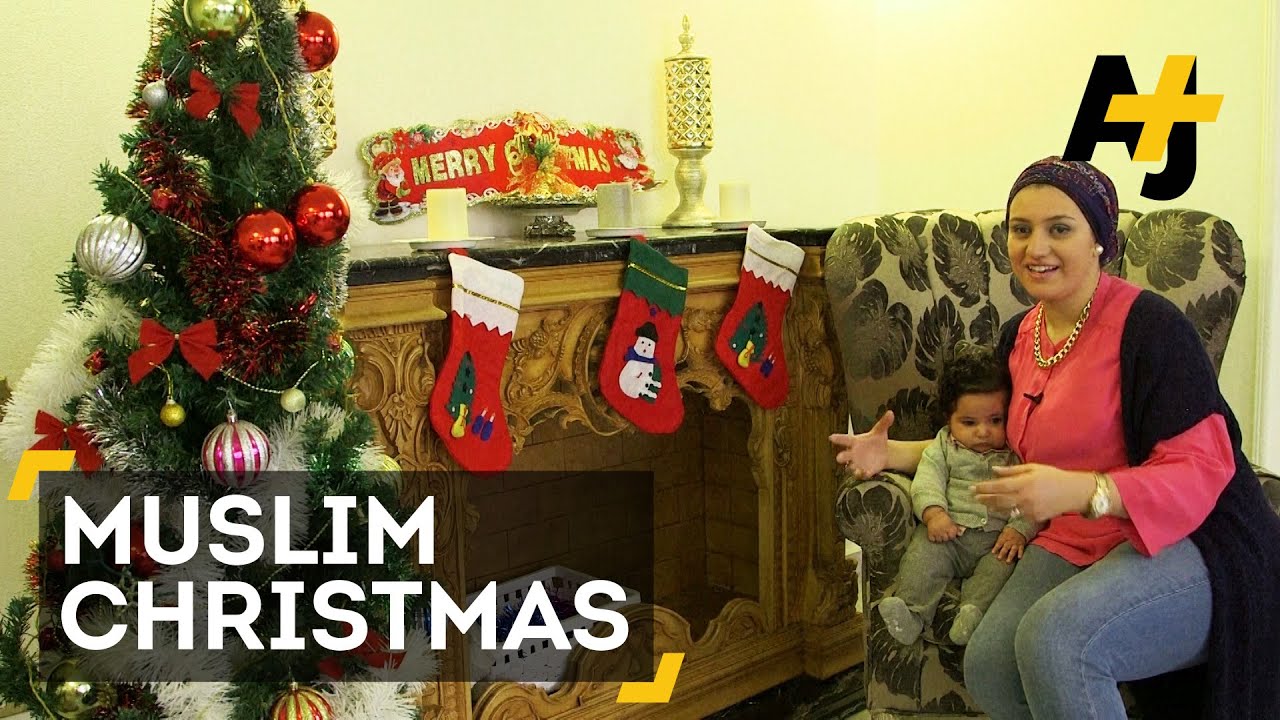



We hope this article has provided you with a deeper understanding of the Muslim holidays that take place around Christmas. These holidays offer a unique opportunity for spiritual growth and renewal, and they highlight the diversity and richness of Muslim culture and traditions.
As we approach the holiday season, let us take a moment to appreciate the diversity of cultures and faiths that make up our global community. By learning about and respecting each other's traditions, we can build bridges of understanding and foster greater peace and harmony in the world.
We invite you to share your thoughts and reflections on the Muslim holidays around Christmas. How do you think we can promote greater understanding and respect between different cultures and faiths? Share your comments and insights below!
What is the significance of Mawlid al-Nabi?
+Mawlid al-Nabi is a celebration of the Prophet Muhammad's life and teachings. Muslims believe that Muhammad was born in Mecca in 570 CE and received the revelations of the Quran, which became the foundation of Islam.
What is Laylat al-Mi'raj?
+Laylat al-Mi'raj is a night that commemorates the Prophet Muhammad's ascension to heaven. Muslims believe that Muhammad was taken on a journey from Mecca to Jerusalem, where he ascended to heaven and received revelations from Allah.
What is the significance of Laylat al-Bara'ah?
+Laylat al-Bara'ah is a night of forgiveness and redemption. Muslims believe that on this night, Allah forgives the sins of those who seek forgiveness and repent.

